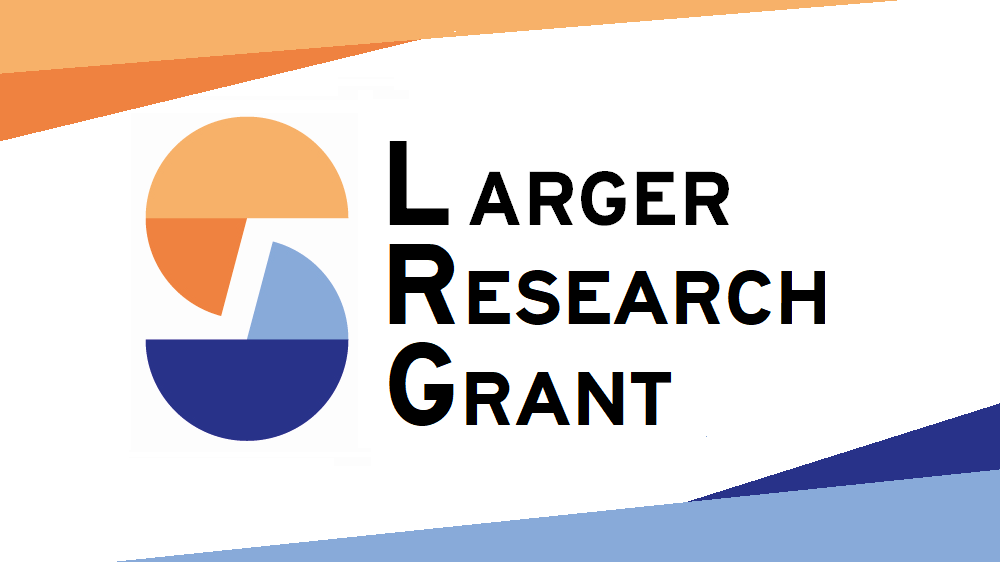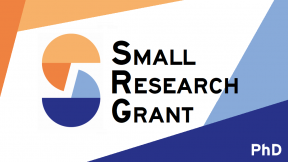In some of the “economic miracles”, the rapid economic growth coincided with the emergence of large business groups, especially under the active involvement of the governments. Examples include Japan in the 1960s, Korea in the 1970s, and China in the 2000s. Little is known about why such groups were formed or whether they had contributed to or impeded overall economic growth. As a result, the implications for the development strategy of today’s less developed countries, especially those in sub-Saharan Africa, remain unclear. This project studies the role of business groups in economic development, especially in the presence of industrial policy. One important goal of the research is to develop policy implications for sub-Saharan African countries, based on the research findings from the experiences of some of the miracle economies.
The project employs both empirical and model-based quantitative analyses. The first empirical part will collect data from sub-Saharan African countries. The research team propose to collect data on listed firms in SSA countries from publicly available sources, which has never previously been assembled. The second empirical part covers the high-growth, industrial policy period of Korea. The third empirical part looks at the economic impact of business groups in the matured Korean economy. For a quantitative assessment, the model the researchers build a multi-sector version of a firm dynamics model with creative destruction, except that a firm can become a business group by paying a setup cost and then operating production units in multiple industries subject to entry costs.
The project aims to make a policy impact by providing relevant evidence and the data that could be used in evidence-based policy making in sub-Saharan African countries and East Asian countries. First, for sub-Saharan African countries, it is very relevant policy question whether the country should follow the Asian Tigers’ industrial policy. The research output will naturally engage researchers and policymakers studying and building Africa’s development strategy. Second, Korea, Japan and China face a common challenge of regulating big conglomerates without harming aggregate productivity. Those countries are at mature stages of structural transformation. Understanding the costs and benefits of business groups at later stages of development will provide a balanced view on the role of business groups in growth and inequality.

















































